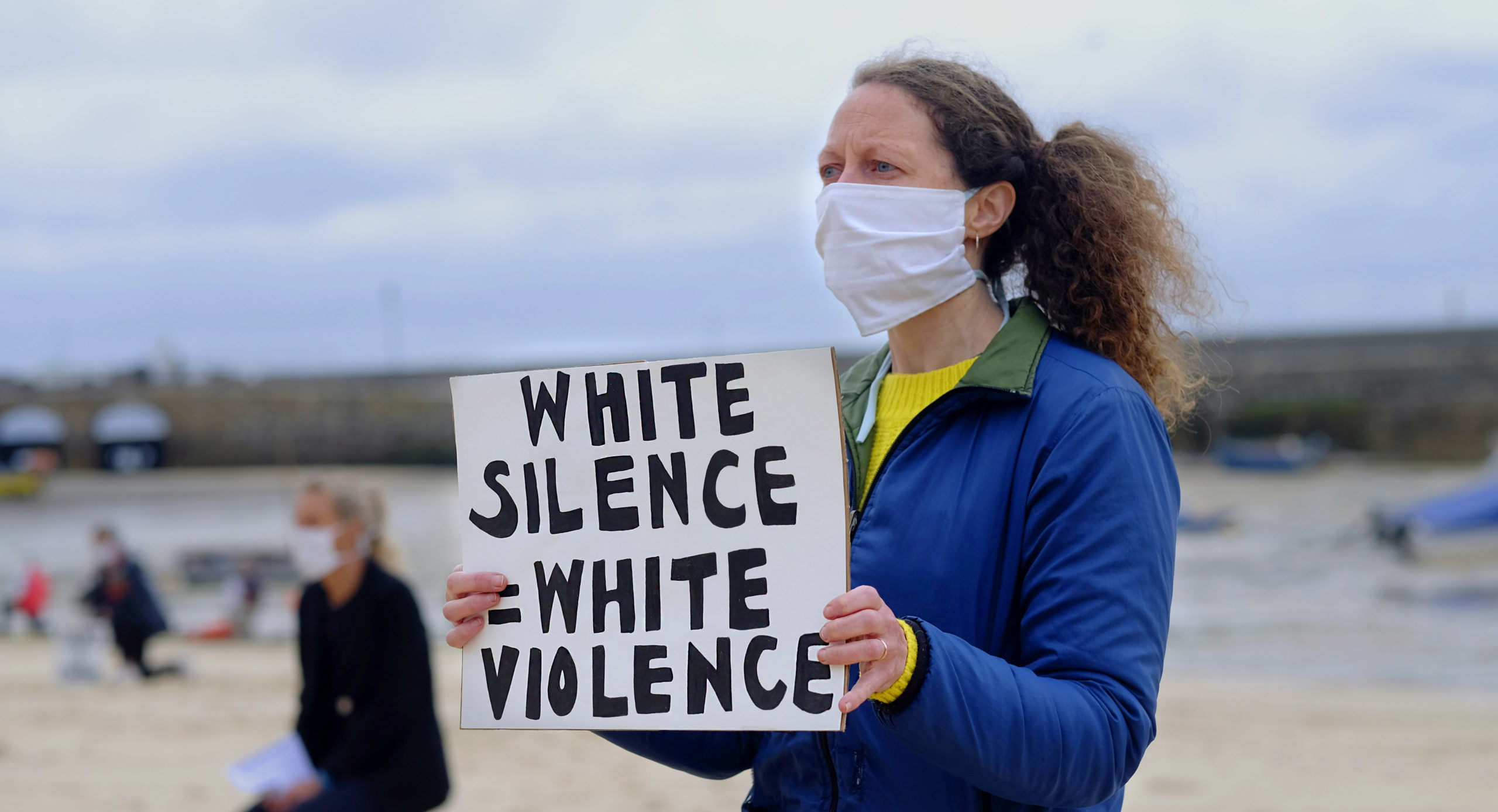Recently, the centrist pundit Matthew Yglesias tweeted the historic time series of Gallup surveys on political ideology among Americans aged 18 to 29 (shown below).
The graphs demonstrate a growing ideological gap between the sexes, with a rapid increase in the share of “liberals” among women but not men. As polarisation deepens, fewer young people are calling themselves centrist or “don’t know” and picking an ideology, but only among women are they disproportionately moving Left.

Some who replied to Yglesias thought the change could be attributed to the growing share of women attending university (the share of women in the student body has risen from 42% to 60% since 1970).
But the growing female tilt among college students does not explain the change. Consider the data shown below from the massive Higher Education Research Institute (HERI) survey of incoming undergraduates, which samples some 100,000 students across 184 American colleges, weighted to be representative of all levels of higher education. If you compare the grey and blue bars, you see that women were less liberal than men in the Seventies, but since George W. Bush came to power in 2004, have been growing steadily more liberal than men.
By 2016, a record 42% of women identified as liberal, versus 28% for men.I lack access to the raw HERI data for subsequent years but the Foundation for Individual Rights in Education (FIRE) surveys of 55,000 undergraduates in the top 150 colleges in 2020 and 2021 show that 61% of women lean liberal compared to 44% of men, a whopping 17-point gender gap.

If not differences in rates of attending college, what underlies the astounding gender divergence in youth attitudes? Essentially, it appears to stem from a wokeness divide. In the FIRE survey, when you control for opposition to allowing controversial speakers (on BLM, abortion and trans rights) on campus, the statistical effect of gender on ideology collapses thirteenfold in statistical power.
The graph below shows 2020 YouGov Profiles data for a sample of around 25,000 British 18 to 30 year-olds, broken down by gender, for the following question: “Thinking about political correctness, are you generally in favour of it (it protects against discrimination), or against it (it stifles freedom of speech).” Each age has thousands of responses, and the data show differences of 30 to 40 points among those aged 18 to 23 while the gap is narrower for those aged 23 to 30.

For another UK survey of 945 individuals from Prolific I conducted this year, I found that 64% of women under 30 favoured political correctness on the above question compared to 48% of men under 30. This 16-point gap dwarfed the 4-point gender gap found in the over-50s. When I asked this on an American Qualtrics survey, the gender gap was 14 points for under-30s compared to a mere 1 point for the over-50s. The gender gap among the young stands out in both cases.
It’s important not to blow the gender story out of proportion. Well over 90% of the variation in culture war attitudes, as with ideology, is within-gender rather than between genders. The gap may also close as people age and settle down. Nevertheless, gender is becoming a more important political cleavage among young people, and could emerge as more politically significant as Millennials and Gen-Z remake electorates in Britain and the United States.











Join the discussion
Join like minded readers that support our journalism by becoming a paid subscriber
To join the discussion in the comments, become a paid subscriber.
Join like minded readers that support our journalism, read unlimited articles and enjoy other subscriber-only benefits.
Subscribe